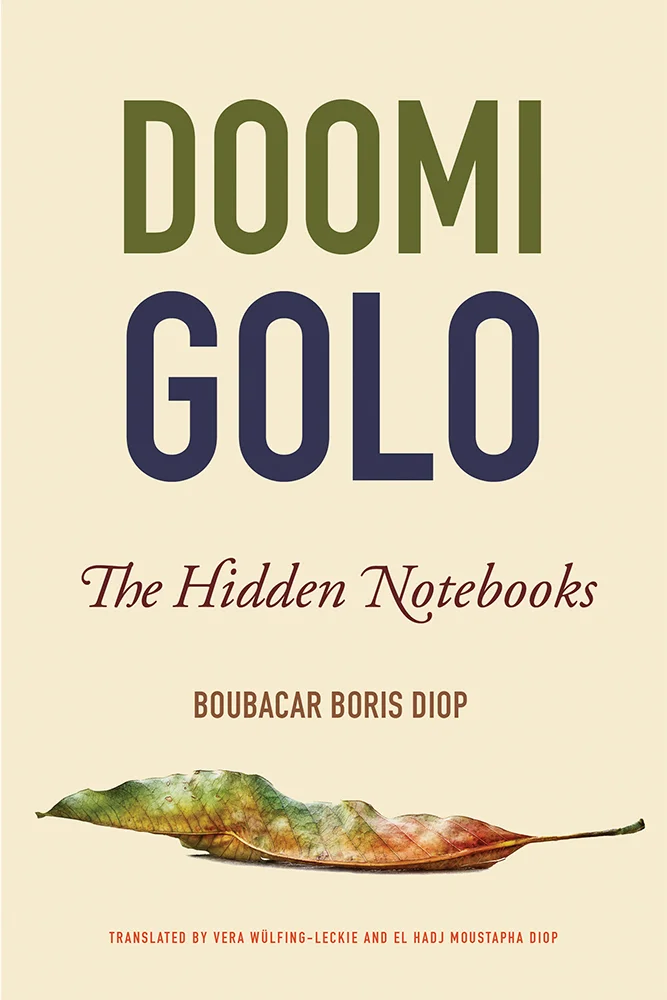Senegal: Ambiguous Adventure (Cheikh Hamidou Kane, trans. Katherine Woods)
Cheikh Hamidou Kane (b. 1928) was born in Matam. He received a traditional Muslim education at a Koranic school and then went to Paris where he studied law at the Sorbonne. He returned to Senegal in 1959 to serve as commissioner of planning for the government. He was also governor for the Thiès region, and alter minister of planning and cooperation. He also worked for UNICEF.
Background: By the 7th century, evidence of various kingdoms exists, with that of Takrur growing in the 9th century, and Namandiru and the Jolof Empire taking precedence during the 13th and 14th centuries. The Almoravid dynasty introduced Islam to the Toucouleur and Soninke tribes, whilst other tribes were quite resistant. While the Jolof Empire flourished in the east, uniting many smaller kingdoms, over one third of the Senegambia region was enslaved between 1300 and 1900. After the death of Lele Fouli Fak, the empire collapsed in 1549. The Portuguese made contact in the mid-15th century, with the French, Dutch, and English all establishing trade. The slave trade in particular flourished. In the 19th century, Christianity was introduced while the French began to conquer the region, although the Senegalese resisted. In 1959, Senegal and the French Sudan were merged into the Mali Federation, which gained independence in 1960, but the Federation broke up later that year. Senegal became an independent nation, although the next two decades saw continued violence from the Portuguese. From 1965-1975, only one political party was allowed, but two new parties grew laster in the 1970s. There was a brief attempt to form a unity with The Gambia, but this was not successful. Fair elections and relative peace have persisted, although separatist factions have occasionally reared their heads.
Ambiguous Adventure is a semi-autobiographical novel and one of the first from Senegal. The protagonist is a Fulani tribe boy, Samba Diallo, who grows up attending Koranic school where he excels. The French are bringing many new things, and there is a lot of discussion amongst the tribe about balancing the value of the things they can teach the tribe, while worrying about losing their traditional culture and values. One of the tribe’s matriarchs wants the tribe to learn from the French and encourages Diallo to be sent to the French school, thinking that it will help the tribe in the long run. Diallo does well and becomes increasingly estranged from his tribal upbringing and he gets deeper into his new education. Eventually, he goes to Paris for university where he loves his education, but is always treated as an outsider for his skin color and religion. Diallo becomes more isolated as he feels he cannot fit in in either world, but has been able to integrate both. While he appreciates having both sides within him, it is still a challenge. While some might criticize the novel for its simplicity, I think it is an important record of a changing Senegal and the influence that faith has on oneself. At the same time, the clash between the materialism of the West and spiritualism of Senegal is always at the forefront. It’s a fascinating story and one I enjoyed very much.





